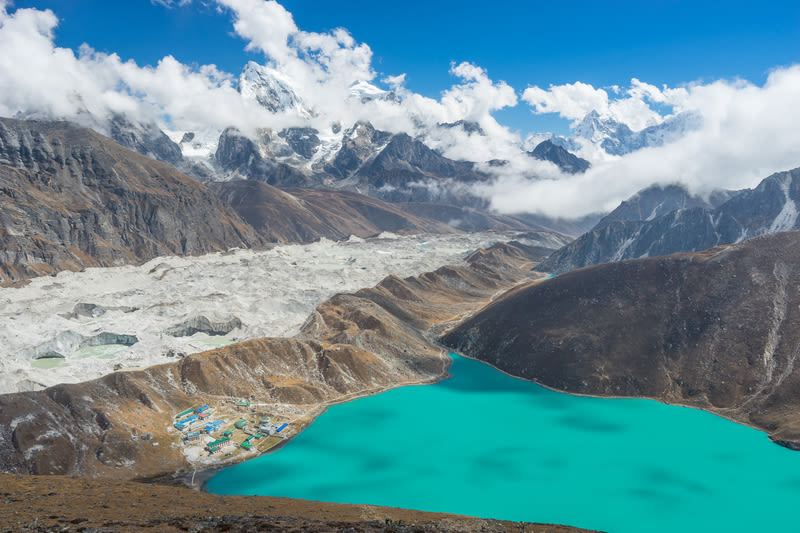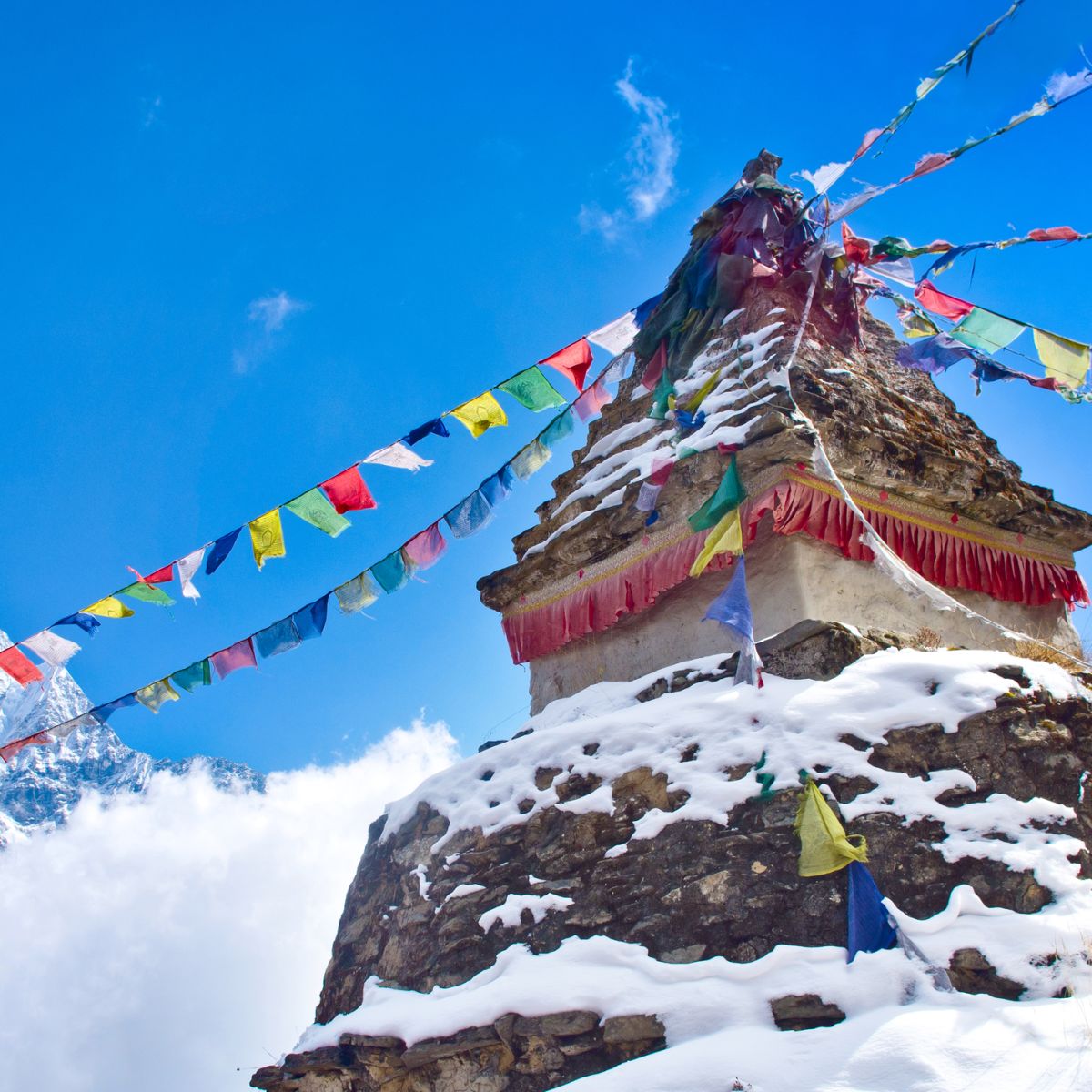
Go for a checkup before trekking to Everest Base Camp
You need to be fit and healthy to trek to Everest Base Camp safely. We encourage everyone keen to trek in the Himalayas to first visit a doctor to discuss their health as well as the potential dangers of high-altitude trekking. Forewarned is forearmed!
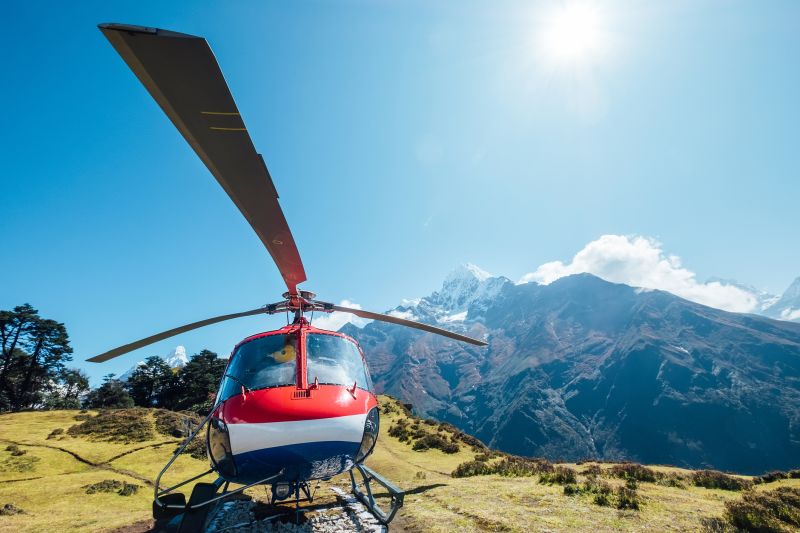
Discuss these 3 things with your doctor
1. The dangers posed by high altitude
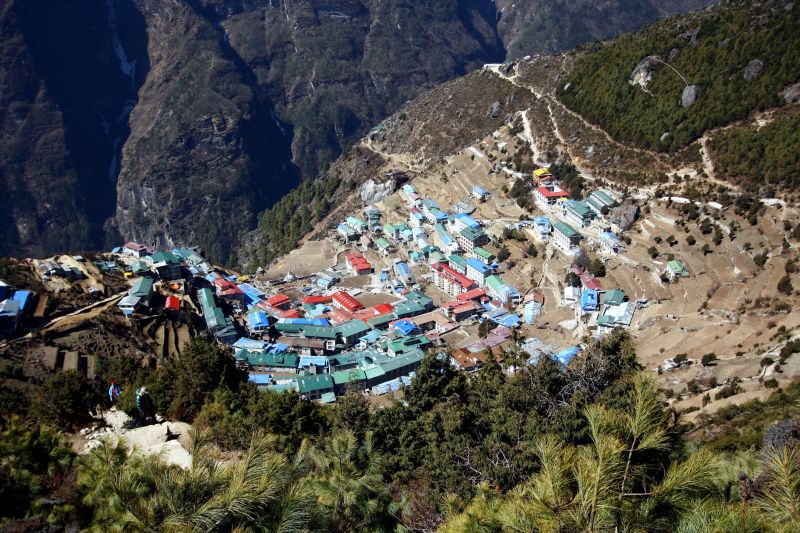
2. How to prevent or mitigate altitude sickness
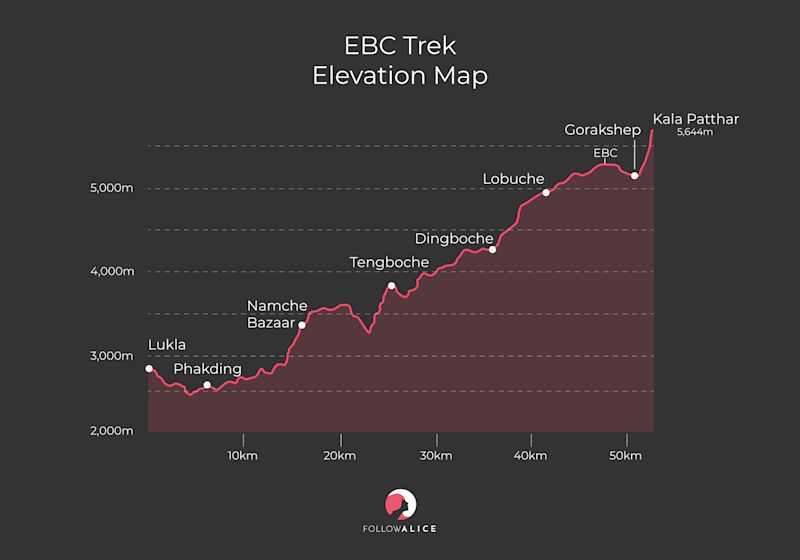
Painkillers for headaches (a common symptom of mild altitude sickness). Strong anti-nausea tablets (another common symptom of altitude sickness). Cortisone (should your breathing become properly troubled).
3. Any potential concerns based on your personal medical history
If you have a serious or rare health concern, perhaps you should also schedule an appointment with the relevant specialist?
